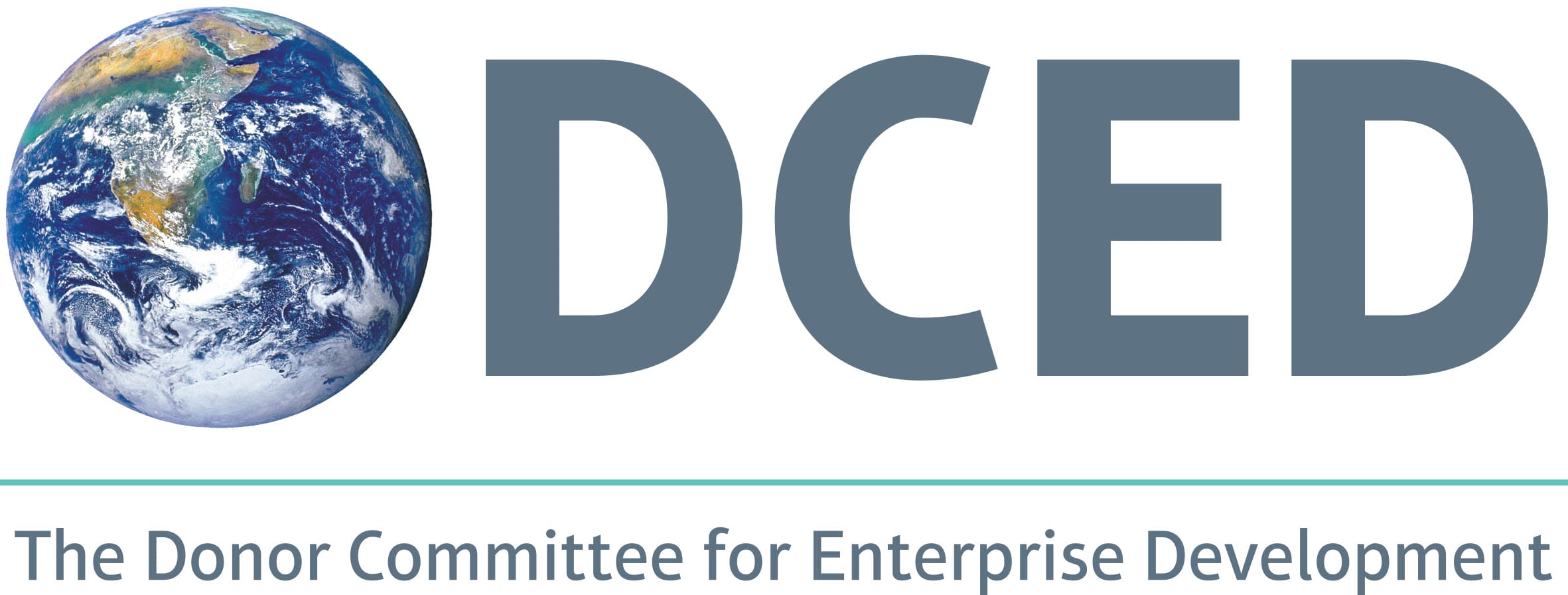>>> Read the full resource
WEF, 2021 – 405 pages
The Global Gender Gap Index benchmarks the evolution of gender-based gaps among four key dimensions (Economic Participation and Opportunity, Educational Attainment, Health and Survival, and Political Empowerment) and tracks progress towards closing these gaps over time.
Main takeaways:
- On its current trajectory, it will now take 135.6 years to close the gender gap worldwide.
- The gender gap in Political Empowerment remains the largest of the four gaps tracked, with only 22% closed to date, having further widened since the 2020 edition of the report by 2.4 percentage points.
- High-frequency data for selected economies from ILO, LinkedIn and Ipsos offer a timely analysis of the impact of the COVID-19 pandemic on gender gaps in economic participation. Early projections from ILO suggest 5% of all employed women lost their jobs, compared with 3.9% of employed men. LinkedIn data further shows a marked decline of women’s hiring into leadership roles, creating a reversal of 1 to 2 years of progress across multiple industries.
- The COVID-19 crisis has also accelerated automation and digitalisation, speeding up labour market disruption. Data points to significant challenges for gender parity in the future of jobs due to increasing occupational gender segregation.
- Gender-positive recovery policies and practices can tackle those potential challenges.
